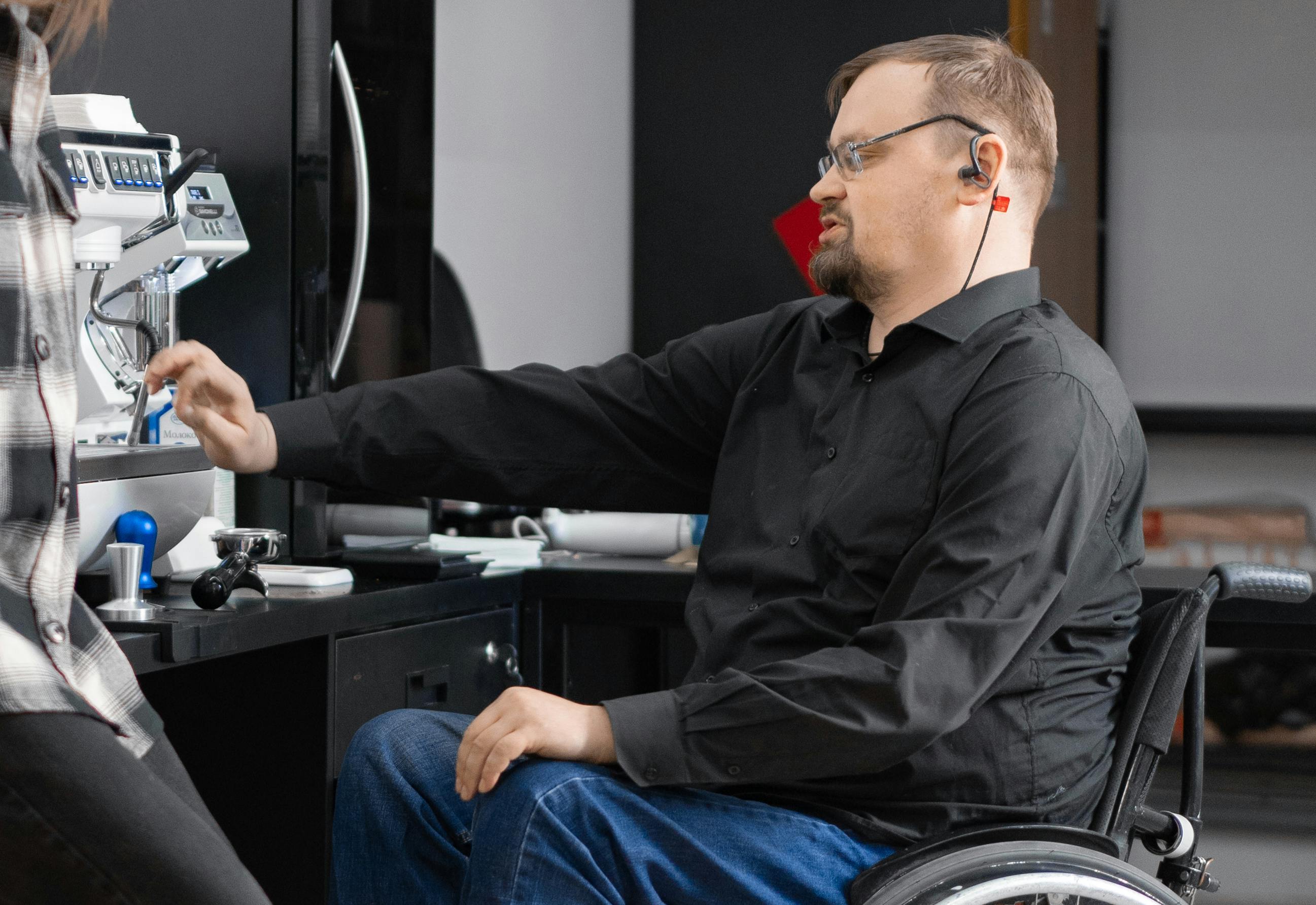
Introduction
In an important step aimed at fostering a healthier work environment, OpenAI has announced a rare, extensive closure of the company for a week. This decision comes as a response to the growing concerns of employee burnout and the pressure to maintain rapid innovation in the highly competitive tech industry. This week-long break is intended to provide much-needed rest for employees, an action that resonates deeply in today’s fast-paced work culture.
A Strategic Stagnation After Months of Intensive Work
Over the past year, OpenAI has captured global attention with the rapid deployment of its generative AI tools, particularly ChatGPT and the ongoing advancements with GPT-4 and GPT-5. Despite this remarkable progress, there is an underlying concern about the extreme workload that employees face. Reports indicate that many employees at OpenAI are working upwards of 80 hours per week, constantly pushing to bring innovative products to market.
Recognizing the unsustainable nature of this work pattern, OpenAI’s leadership decided to pause operations for an entire week to allow employees a chance to recharge and destress. This move reflects an understanding that productivity cannot exist in a vacuum without taking into account the well-being of the workforce.
Meta’s Hiring Surge Raises Pressure on OpenAI
The announcement of the closure comes amidst reports of fierce competition in the tech industry, particularly from Meta, which has reportedly hired top researchers from OpenAI. Among these are prominent figures like Lucas Beyer, Alexander Kolesnikov, Xiaohua Zhai, and Trapit Bansal, individuals who have significantly contributed to OpenAI’s AI models. The recruitment of these talents has intensified the pressure on OpenAI, magnifying the challenges faced by the company.
Some of these new hires at Meta were lured with compensation packages that reportedly exceed $100 million, highlighting the escalating AI talent war unfolding among the major tech giants. This aggressive recruitment strategy underscores the necessity for companies like OpenAI to reassess their employee retention strategies amid such competitive pressures.
Leadership Warns of Poaching Risks During Shutdown
In light of these developments, OpenAI’s Chief Research Officer, Mark Chen, has issued a cautionary message to employees during this downtime. He cautioned them about the potential for external recruitment efforts intensifying while the company is inactive. Chen emphasized the importance of remaining vigilant against potential poaching from rival companies that might seek to take advantage of this shutdown.
Given that Meta is aware of OpenAI’s closure, Chen urged employees to be mindful of how external companies might approach talent acquisition during periods of inactivity. This situation raises important questions regarding the competitive landscape in the tech industry and the importance of maintaining a strong internal culture.
Re-evaluating Compensation and Retention Strategies
The ongoing competition for top talent has prompted OpenAI to reconsider its compensation structure in response to the challenges posed by formidable competitors like Google and Meta. As the industry progresses, financial considerations become increasingly critical, especially as the influx of lucrative offers becomes more commonplace.
While OpenAI is celebrated for its mission-driven culture and pioneering work in AI, it is becoming increasingly necessary for the company to address the financial aspects to retain its talent. Inner discussions indicate that there may be reconsideration of equity, bonuses, and compensation packages offered to existing employees as a strategy to ensure internal stability and employee satisfaction.
Implications for the AI Industry
The temporary closure of operations at OpenAI highlights several critical trends and challenges facing the AI industry as a whole:
- Burnout in AI Teams: High-pressure innovation cycles are taking a toll on the mental health of employees, resulting in increased burnout rates.
- Intensifying Talent Wars: Major technology companies are poised to offer extraordinary compensation packages to attract the top talent in the AI field.
- Culture vs. Compensation: Startups that focus on mission-driven work must now contend with larger companies that have more resources to offer lucrative salaries and benefits.
- Stability in AI Development: The operational pause taken by OpenAI underscores the importance of balancing speed and innovation with the health and well-being of the employees.
Future Prospects for OpenAI
Moving forward, OpenAI’s management faces the dual challenge of fostering rapid innovation while ensuring internal stability. This week-long closure is not merely a symbolic gesture but a necessary reinforcement of the importance of employee welfare in a high-stakes environment. The company must navigate the delicate balance of maintaining its competitive edge while prioritizing the well-being of its workforce.
With projects like GPT-5 on the horizon and other initiatives in the pipeline, OpenAI is at a crossroads where it needs to align its operational strategies with the demands of a changing market landscape. The challenge will be to maintain top talent, improve employee welfare, and effectively respond to the competitive pressures in the rapidly evolving AI race.
Conclusion
OpenAI’s decision to initiate a company-wide shutdown reflects a rare but critical understanding of the pressures that define the contemporary workplace. This strategic pause speaks volumes about the growing realization that human capital—the people behind the technology—are the true drivers of innovation.
As the company stands at the precipice of innovation and competition, how it adapts to these challenges will define not only its future but also set a new standard for workplace culture across the technology industry. The implications of this decision could serve as a benchmark for other companies navigating similar challenges in a fast-evolving tech landscape.
